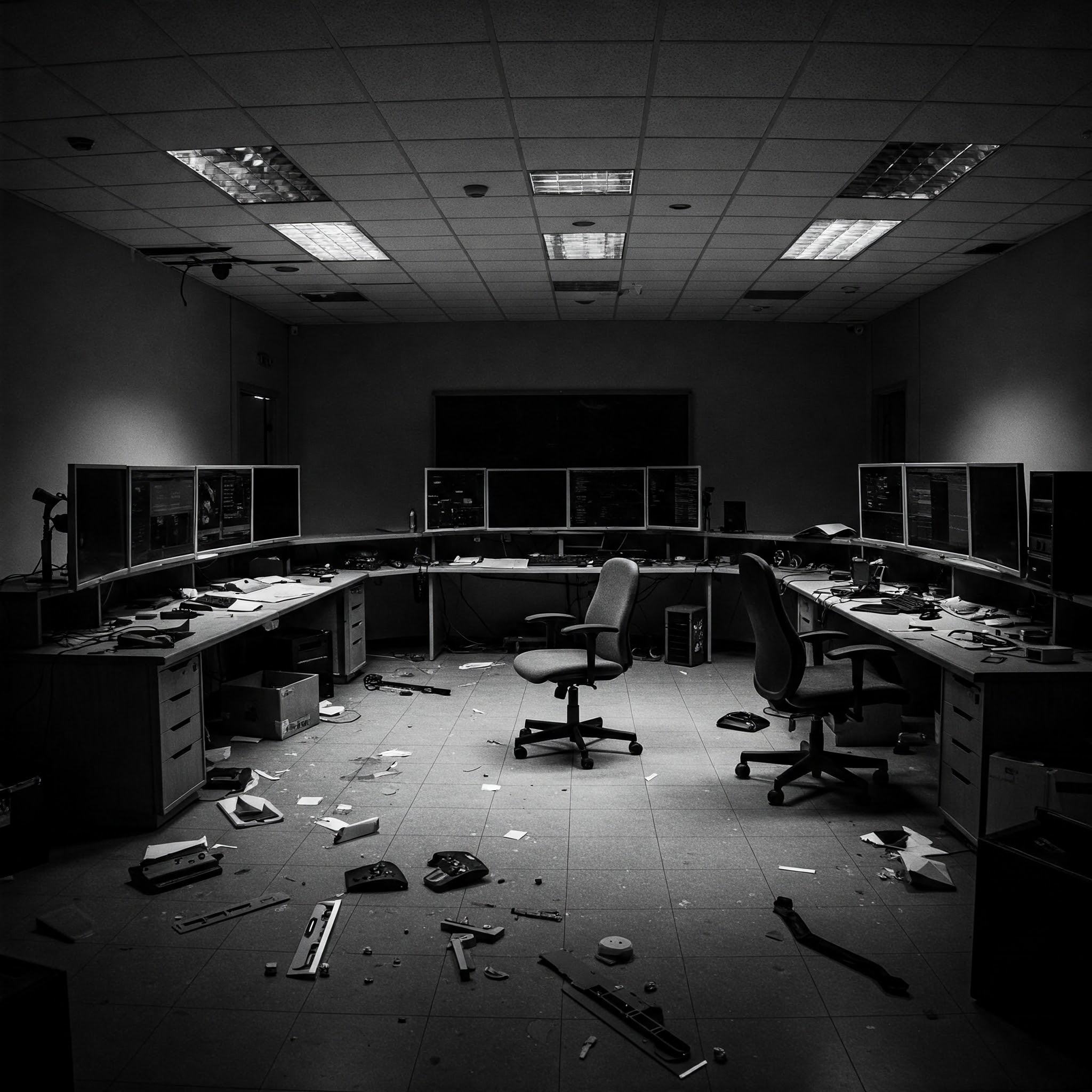Launched: March 25, 2025
The gaming industry, while often seen as a realm of endless creativity and blockbuster successes, has been facing a concerning trend: an increase in studio closures [2]. This isn’t just about companies restructuring; it has a tangible impact on the industry’s landscape and, most importantly, the talented individuals who make games. LootSink dives into the consequences of these closures.
One of the most immediate and significant impacts is on the workforce. Studio closures often lead to widespread layoffs, leaving skilled developers, artists, designers, and other professionals suddenly unemployed [2]. This can create instability in their lives and the wider industry, especially in major development hubs [2]. While support systems and initiatives like Stronger Together In Games exist to help those affected [5], the emotional and financial toll on individuals can be substantial.
Beyond the human cost, studio closures can impact the diversity and innovation within the industry. When smaller or independent studios, often the breeding grounds for new ideas, are shuttered, the industry risks becoming more homogenous [2]. Major publishers sometimes acquire studios only to later close them, potentially stifling unique creative visions in favor of more commercially “safe” projects [3].
Economic pressures and the rising costs of game development are significant contributing factors to this trend [2]. The pursuit of massive blockbuster titles requires substantial investment, and if games don’t meet lofty sales expectations, the consequences can be severe for the studios involved. Shifts in market trends and consumer preferences also play a role, as studios might struggle to adapt or find their niche in an ever-evolving landscape [2].
So, what can be done? The International Game Developers Association (IGDA) has called for studio leadership to prioritize sustainable efforts to prevent layoffs [6]. This includes better planning, more realistic project scopes, and a focus on long-term stability over chasing short-term gains. Industry-wide initiatives to support displaced developers and foster a more resilient ecosystem are also crucial [5, 7].
In Conclusion: Studio closures are a stark reminder of the volatile nature of the gaming industry. While the games we love often represent incredible creative and technical achievements, the human element behind them can be vulnerable. Addressing the root causes of these closures and providing better support for the workforce are vital steps to ensure a healthier and more sustainable future for the entire industry.
References:
- [1] What do studio closures mean for Xbox strategy? | Opinion – GamesIndustry.biz, accessed March 23, 2025, https://www.gamesindustry.biz/what-do-studio-closures-mean-for-xbox-strategy-opinion
- [2] GDC 2025 State of the Game Industry: Devs Weigh in on Layoffs, AI, and More | News, accessed March 23, 2025, https://gdconf.com/news/gdc-2025-state-game-industry-devs-weigh-layoffs-ai-and-more
- [3] Stronger Together In Games – Givebutter, accessed March 23, 2025, https://givebutter.com/strongertogetheringames/midokalash
- [4] Call to Action: Studio Leadership Must Prioritize Sustainable Efforts to Prevent Layoffs – IGDA, accessed March 23, 2025, https://igda.org/news-archive/call-to-action-studio-leadership-must-prioritize-sustainable-efforts-to-prevent-layoffs/
- [5] IGDA Resource Consolidation Initiative, accessed March 23, 2025, https://igda.org/igda-resource-consolidation-initiative/
- [6] How do we stop the next round of games industry mass layoffs? | Rock Paper Shotgun, accessed March 23, 2025, https://www.rockpapershotgun.com/how-do-we-stop-the-next-round-of-games-industry-mass-layoffs
Need More? Video Drop TBA!
Change Log
- March 25, 2025 – Article launched.

